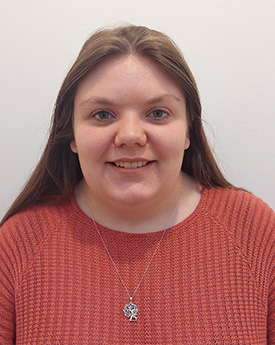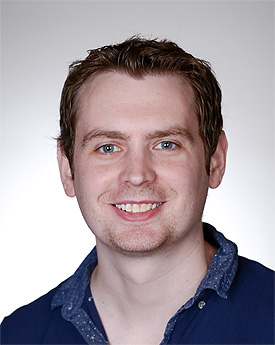About us
Combinatorics is concerned with arrangements of discrete objects according to constraints and the study of discrete structures such as graphs. Large graphs underpin many aspects of data science and can be used to model networks.
Lancaster’s research interests in combinatorics are diverse and closely connected to each of the other pure mathematics research themes in the department.
Many problems in graph theory concern the relationship between a graph property and some parameter. There are two perspectives one might take: extremal graph theory asks which values of the parameter guarantee that the property holds (or does not hold), whereas probabilistic graph theory asks for which values of the parameter the property typically holds. The answers can be very different, but nevertheless there are connections between the two areas. Often a suitably modified random graph can be used to prove that graphs with certain properties exist, even when it is difficult to construct a specific example. Random graphs are also studied as models of networks that grow in an unpredictable way, and in recent years there has been particular interest in models that more closely resemble large real-world networks, such as preferential attachment and geometric random graphs.Additive combinatorics explores how to count arithmetic configurations within unstructured sets of integers - those sets for which we have only combinatorial information, such as their density. Techniques in this field have been developed to tease out the latent structure present in such sets, separating it from random 'noise'. Resolving these combinatorial problems can then feed back into more classical problems of number theory, such as detecting arithmetic structures in the primes.
Measurable combinatorics concerns extensions of combinatorial theorems in the context of Borel graphs with applications including classical geometrical questions. There is also interest in sparse and dense graph limits where, with a suitable metric imposed on the set of finite graphs, limits of convergent graph sequences are studied.
Matroids are a mathematical structure that extends the notion of linear independence of a set of vectors. They have numerous important applications, for example, in Operational Research and Combinatorial Optimisation. Our research in matroid theory concentrates on real world occurrences of the 2 fundamental motivating examples of matroids: row matroids of matrices and matroids defined on graphs.
Combinatorial aspects of geometric rigidity theory (and its applications in fields such as engineering and robotics) such as recursive constructions of classes of (coloured) sparse graphs. This topic underlies the flexibility and rigidity properties of geometric structures, such as finite and infinite bar-joint frameworks in finite dimensional spaces. Further geometric aspects of combinatorics such as polyhedral scene analysis, equidissection and triangulation problems, and the rich interactions between discrete geometry, combinatorics and symmetry.
Many aspects of mathematics share the same underlying classifications in terms of combinatorics such as Coxeter combinatorics and Fuss-Catalan combinatorics. These underlying combinatorial similarities often indicate deeper connections, e.g. the ubiquitous "finite type" classifications in terms of Dynkin diagrams. In representation theory of algebras, combinatorics is used extensively to get concrete understanding of abstract objects. For example, certain algebras can be associated to ribbon graphs, which in turn can be embedded in surfaces, and directed graphs may be used to encode the multiplication in noncommutative algebras.

















